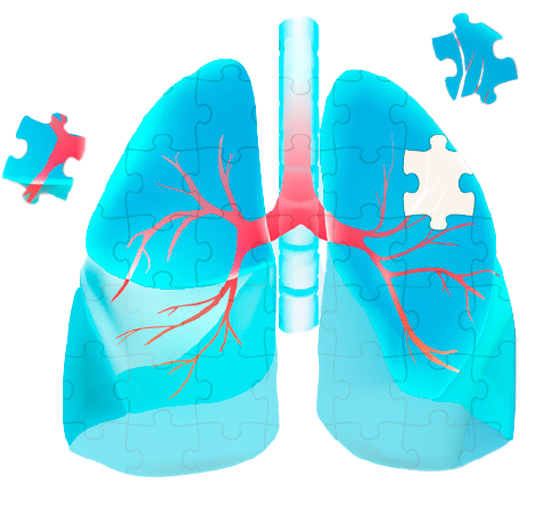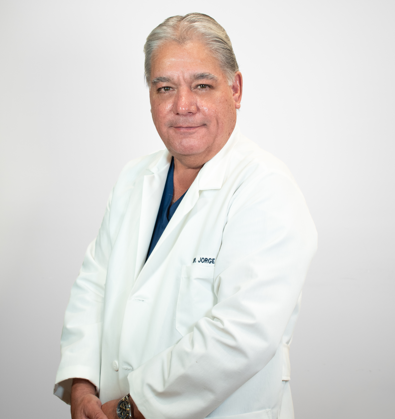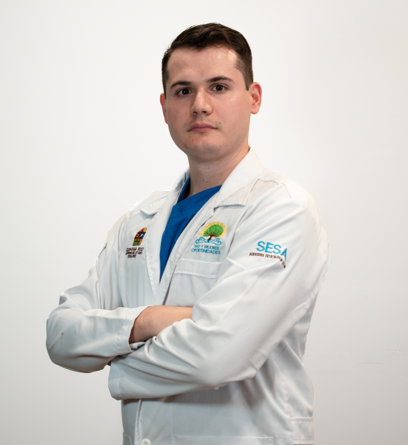Stem cell treatment offers a promising approach to improving lung function for patients suffering from Chronic Obstructive Pulmonary Disease (COPD) and related conditions. By targeting inflammation and facilitating the repair of damaged lung tissues, this therapy can help restore lung capacity and enhance overall respiratory function.
Patients often experience reduced shortness of breath and improved quality of life as a result of this regenerative therapy. Additionally, the treatment can assist in reducing reliance on medications and the frequency of exacerbations, making it a valuable option for those looking to manage their condition more effectively.
The combination of stem cell therapy and exosome nebulization represents a cutting-edge approach to treating lung conditions, including COPD. This method involves delivering stem cells and exosomes directly to the lungs via nebulization, targeting the damaged areas more effectively. Exosomes, which are microvesicles secreted by stem cells, contain growth factors and other bioactive molecules that enhance the healing process.
This non-invasive delivery method is particularly beneficial for patients who may have difficulty with more invasive procedures. By improving lung function and reducing inflammation, this therapy can significantly impact the management of chronic lung diseases.

Direct Targeting of Lung Tissue:
Nebulized exosomes can reach the bronchioles and alveoli directly, facilitating localized delivery of therapeutic molecules. This targeted approach ensures that active components, such as cytokines and microRNAs, are delivered precisely where they are needed, promoting effective treatment of lung inflammation and injury.
Reduction of Inflammation:
Exosomes derived from mesenchymal stem cells (MSCs) carry bioactive molecules that can modulate inflammatory responses. They help in reducing pro-inflammatory cytokines and promoting anti-inflammatory pathways, which is crucial in conditions like acute respiratory distress syndrome (ARDS) and COVID-19 pneumonia. By effectively lowering inflammation, patients can experience symptom relief and improved lung function.
Promotion of Tissue Repair:
Exosomes play a significant role in cellular communication and can enhance the repair processes in damaged lung tissue. They contain growth factors and signaling molecules that stimulate the regeneration of epithelial cells and support the healing of lung injuries. This regenerative capacity is vital for patients recovering from chronic lung diseases.
Enhanced Bioavailability:
The nebulization process transforms exosomes into aerosolized particles, allowing for high bioavailability and rapid absorption through the lung epithelium. This method circumvents the first-pass metabolism associated with oral administration and reduces the required dosage compared to intravenous methods, making it a more efficient delivery system. Enhanced bioavailability ensures that a higher concentration of therapeutic agents reaches the target tissues, maximizing treatment efficacy.

At CRC, we focus on improving and preserving organ function through cutting-edge regenerative therapies. Whether you are experiencing issues related to liver, kidney, or cardiovascular health, our team of experts works to restore and optimize organ performance. Our innovative treatments aim to support your body’s natural healing processes, helping you maintain essential organ function and improve your quality of life.

Leading Stem Cells expert
One of the most prestigious specialists in Aesthetic procedures and Cosmetic Surgery in Tijuana, Mexico.
Owner of the ITC (Cell Therapy Institute), the biggest and most important Cell Banks in Mexico. He has treated Pro-Athletes and important politicians.

Dr. Cota has focused on regenerative medicine since 2021, with extensive experience in applying stem cells in clinical practice. Currently pursuing a Master’s in Regenerative Medicine, he is already contributing to patient treatment and outcomes. His background in Anesthesiology provides a deep understanding of pain management, further enhancing his impact on patient care.
Trustindex verifies that the original source of the review is Google. From the start to end process of being treated at CRC was tremendous customer service and as professional as you can ask for. If you are in search of stem cells regeneration look no further. Gideon is the MVP and if asked he will steer you to their favorite taco spot to eat!Trustindex verifies that the original source of the review is Google. Had a great experience here. Haven't felt any pain in my knee since the procedure months ago. Easy access and return across thd boarder. Highly recommended.Trustindex verifies that the original source of the review is Google. I’ve had a degenerating knee for many decades after a big ski accident and a number of operations. Skiing was becoming increasingly painful with a recurrent Baker’s Cyst. My last round of steroid jabs failed to make any difference so I went for the stem cell treatment in November last year. Just had a great ski season with a real, noticeable improvement in the inflammation and pain levels. Highly recommend the treatment and the company.Trustindex verifies that the original source of the review is Google. I had excellent care with Dr Portillo. I am waiting on the stem cells effectiveness since it will take a couple months to work for my problem. Good place to go.Trustindex verifies that the original source of the review is Google. This is place is TOP NOTCH! I came in on 12/1/23 after I was in the ER over the Thanksgiving weekend b/c of an issue with a bulging L5/S1. I had to be wheel-chaired in b/c I couldn't walk or even stand up straight and had lie in bed all day before I got my stem cell therapy. Gideon and the doctor talked to me about all the details and I got 25 million stem cells in my back and 25 million in a knee after a meniscus tear from August 2023 and some PRP. I felt IMMEDIATE pain relief and could return to normal movement. Now one month later I feel no pain and have returned to working out like I did previously. In the ER the doctor told me that it would take 12 weeks before I would feel this level of relief, but with CRC it happened 3x quicker. The cost was 25% of what I was quoted from other stem cell clinics and the building/facility was top notch. I will be recommending this place to anybody and everybody and plan to return again in early 2024 to have stem cells treat other injuries in my body.Trustindex verifies that the original source of the review is Google. was skeptical, as my injury was very severe and old. i shattered my ankle 30 years ago and had severe rheumatoid arthritis. my ankle is absolutely pain free. i’m not sure how it works, but i have benefited tremendously from this treatment.Trustindex verifies that the original source of the review is Google. The family is top notch & amazing. The service is wonderful & I would highly recommend to anyone!!Trustindex verifies that the original source of the review is Google. Very friendly...they explained everything..not crowded..I would recommended.Trustindex verifies that the original source of the review is Google. Getting treatment from CRC has been a game changer for me. I will forever be a patient. thanks Gideon and staff for making my visit quick, easy and so beneficial. Glenn Cadrez 11 year NFL linebacker.Trustindex verifies that the original source of the review is Google. I had a consultation with Dr. Robinson at CRC last week. My concern is that I have limited mobility in my shoulder from an injury from 2016. He suggested stem cell therapy and acupotomy sessions. I booked an appointment to move forward with the suggested treatment and I’m looking forward to seeing the results!
Clinical trials have demonstrated the feasibility and safety of nebulized MSC-derived exosomes in patients with severe respiratory conditions. For instance, studies have shown that patients receiving nebulized exosomes exhibited improved lung function and resolution of pulmonary lesions without significant adverse effects. This non-invasive method not only simplifies administration but also offers a practical solution for regions with limited healthcare resources.
Typically the full benefits take 2 to 4 months, given that cell repair and replacement takes this amount of time. Some patient report positive signs in a week or two, sometimes less.
Outcomes will vary between individuals. No claims are being made with regenerative therapies.
The FDA considers stem cell therapy experimental.
Contact information
© 2024 Cellular Regeneration Clinic – All rights reserved.